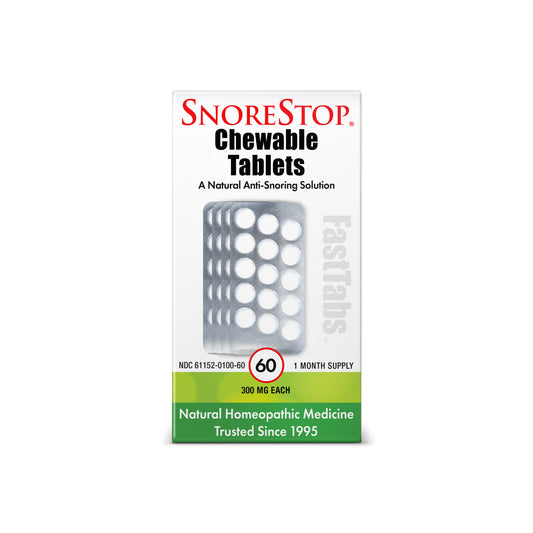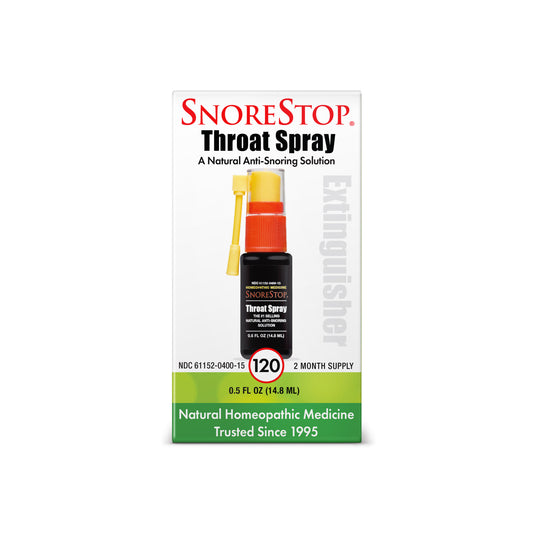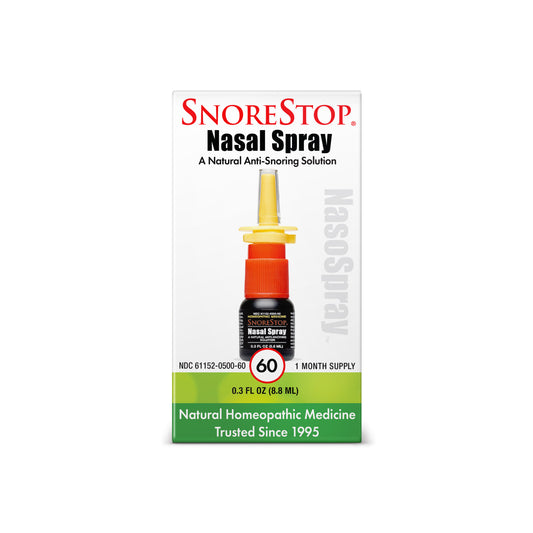
Not All Snorers Are Created Equal
- weight gain
- fatigue
- medication
- stress, and common cold symptoms
- Elongated uvula
- Enlarged tonsils
- Low soft palate
- Deviated septum,
- Nasal Polyps
Snoring Gadgets
Since the 90's there have been a variety of products: nasal strips, clips, cones, straps, guards and mouth tape. Recently added are sleep tech gadgets like watches, pillows, mattresses, and snore monitors which vibrate when snoring is detected. Most have been found to have side effects (constantly waking you), are cumbersome (having to wear it all night long), expensive or simply ineffective.
3 Steps To Stop Snoring
First Step: Download a sleep app to monitor your snoring. It can provide clues as to the severity of your snoring and if you stop breathing or gasp for air which are signs of OSA; Obstructive Sleep Apnea.
Second Step: Implement some lifestyle changes to help stop snoring.
- Lose Weight. Losing even a little bit of weight can reduce fatty tissue in the back of the throat and decrease or even stop your snoring.
- Exercise. Working out to tone your arms, legs, and abs also leads to toning the muscles in your throat, which in turn can lessen snoring.
- Quit Smoking. Smoking irritates the membranes in the nose and throat which can block the airways.
- Avoid alcohol and sedatives especially before bedtime, they cause muscles in the throat to relax and interfere with breathing.
- Clear Nasal Passages a stuffy nose makes inhaling difficult and creates a vacuum in your throat, which in turn leads to snoring.
- Keep bedroom air moist with a humidifier. Dry air can irritate membranes in the nose and throat thus blocking the airway(s).
- Avoid caffeine and heavy meals within two hours of going to bed, especially dairy and soy products that are known to create mucous.
- Sleep on your side. Avoid sleeping on your back, as gravity makes it more likely for your tongue and soft tissues to drop and obstruct Your airway.
Third Step: Find a product designed to target the specific locations where snoring can occur (nose, mouth, and back of the throat) which can help you determine what type of snorer you are and which product would work best for you.









